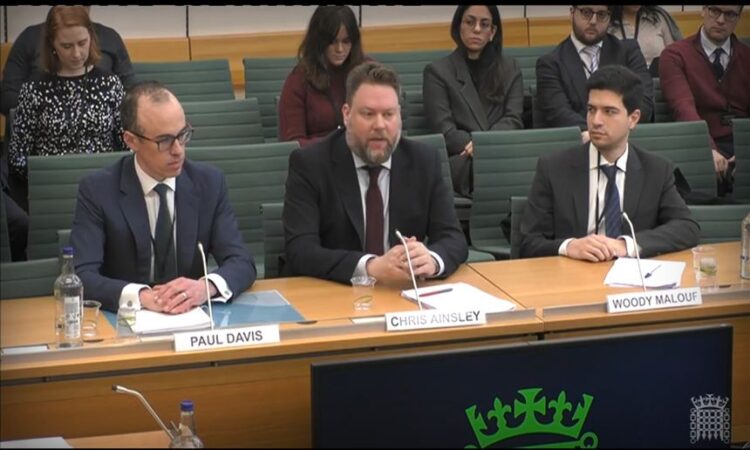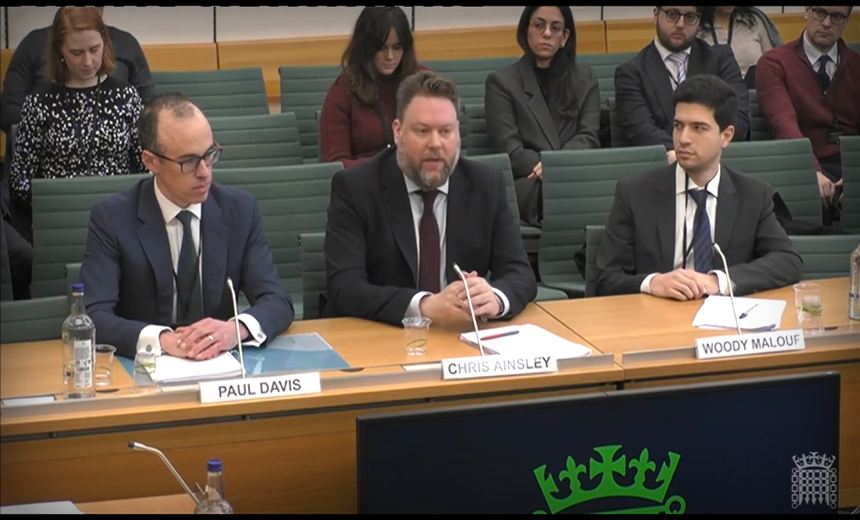
Fraud Management & Cybercrime
,
Fraud Risk Management
,
Social Media
Banking Fraud Heads Say Facebook Marketplace Is Teeming With Scammers

Meta-owned online marketplaces are swarming with scammers who use deceptive ads to defraud banking customers, fraud prevention heads at leading British banks testified before a U.K. Parliament committee. They called on the social media giant to roll out stronger fraud prevention measures.
See Also: OnDemand Panel | Securing Operational Excellence: Thwarting CISOs 5 Top Security Concerns
Speaking at a Home Affairs Committee hearing on Wednesday, heads of fraud prevention at TSB Bank, Santander and Revolut said authorized push payment scams stemming from social media are the biggest threat to banking customers in the United Kingdom, creating a financial loss of 580 million pounds.
These include purchase scams, crypto investment scams and impersonation fraud, which are specifically promoted on Facebook Marketplace and Instagram.
“Eighty percent of scams that we deal with originate from social media, and when I say social media, the majority of them start from the channels owned by one company in particular, which is Meta,” Paul Davis, financial crime prevention director at TSB Bank, told the committee.
Since social media market platforms such as Facebook Marketplace do not have dedicated payment portals that accept payment cards, Davis said, standard security practices adopted by card issuers cannot be used to protect customers. As a result, preventing fraud on social media platforms is a challenge, he said.
“To tackle this, we need greater action from Meta to stop fraudulent ads from being put in front of the U.K. consumers,” Davis said.
Meta Public Policy Mead Philip Milton, who testified before the committee, said his company takes fraud prevention “extremely seriously.”
Milton said Meta has adopted such measures as verifying ads on its platforms and permitting only financial ads that have cleared the U.K. Financial Services Verification process rolled out by the British Financial Conduct Authority.
“A good indicator of fraud is fake accounts, as scammers generally tend to use fake accounts to carry out scams. As fraud prevention, Meta removed 827 million fake accounts in the third quarter of 2023,” Milton said.
Microsoft Government Affairs Director Simon Staffell said the computing giant pursues criminal infrastructure disruption as one of its fraud prevention strategies. Microsoft currently tracks 116 nation-state actors, 50 ransomware groups and several hundred cybercriminals across its platforms, Staffell said.
The company in December took down the infrastructure of the Storm1152 crime-as-a-service group, which sold fraudulent Microsoft accounts to ransomware actors and other criminals, Staffell said.
While speakers at the hearing acknowledged that artificial intelligence poses a significant threat to their companies, as crooks co-opt the technology for fraud escalation and efficiency, they also said that responsible use of AI can play a vital role in fraud prevention.
“Advancements in AI produce an enormous opportunity to help companies like us to better detect fraud,” Meta’s Milton said, adding that the company has already deployed AI to identify hate speech on its platforms and is looking to deploying it further within the company.
Staffell said Microsoft is using red-teaming at the model level to test the exploitation capabilities of fraudsters using AI. The company is also testing watermarking to identify AI-generated deepfakes and synthetic images, he said.





